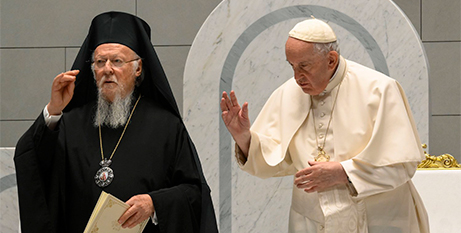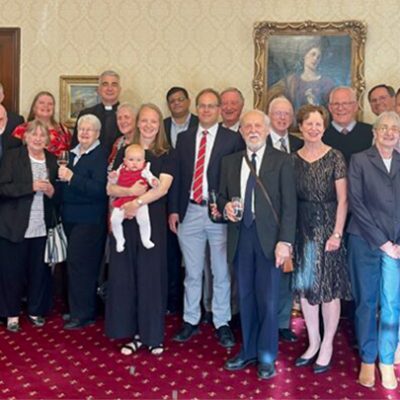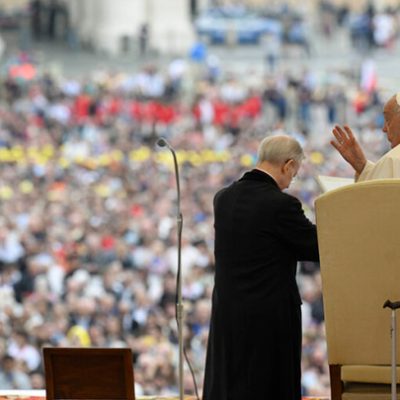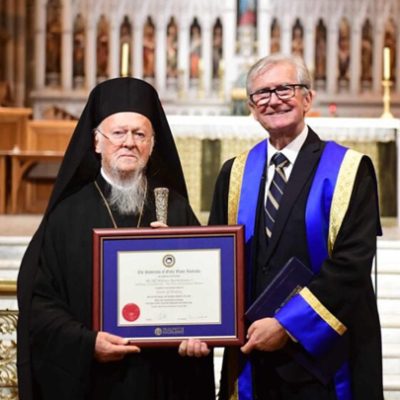
Members of the international Catholic-Orthodox dialogue have agreed that shared responsibility and the exercise of authority as a service are both essential for the life and unity of the Church. Source: OSV News.
“The Church is not properly understood as a pyramid, with a primate governing from the top, but neither is it properly understood as a federation of self-sufficient churches,” said an agreed statement from the Joint International Commission for Theological Dialogue between the Roman Catholic Church and the Orthodox Church.
After six years of study, dialogue and discussion, commission members approved their document, “Synodality and Primacy in the Second Millennium and Today,” at an early June meeting in Alexandria, Egypt, and released the text on June 9.
The study followed and built on their 2016 document, “Synodality and Primacy During the First Millennium: Toward a Common Understanding in Service to the Unity of the Church.”
That document described synodality as “a fundamental quality of the Church as a whole”, exercised primarily through “a gathering of bishops under the guidance of the Holy Spirit for common deliberation and action in caring for the Church”. However, it added, the term also refers more broadly to “the active participation of all the faithful in the life and mission of the Church”.
In the Christian church of the first millennium, the new document said, “despite many crises, the unity of faith and love was maintained through the practice of synodality and primacy.”
However, it said, “at the beginning of the second millennium, difficulties and disagreements between East and West were exacerbated by cultural and political factors” and the mutual acts of excommunication in 1054 “aggravated the estrangement between East and West”.
Members of the Catholic-Orthodox dialogue said they looked at “the troubled history of the second millennium,” trying to give “a common reading” of what happened while also giving members of each church the opportunity “to explain themselves to one another” to further mutual understanding and trust.
FULL STORY
Catholic-Orthodox dialogue looks at developments in synodality, primacy (By Cindy Wooden, CNS via OSV News)






